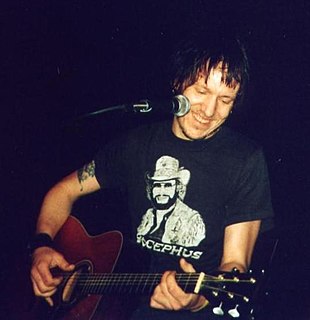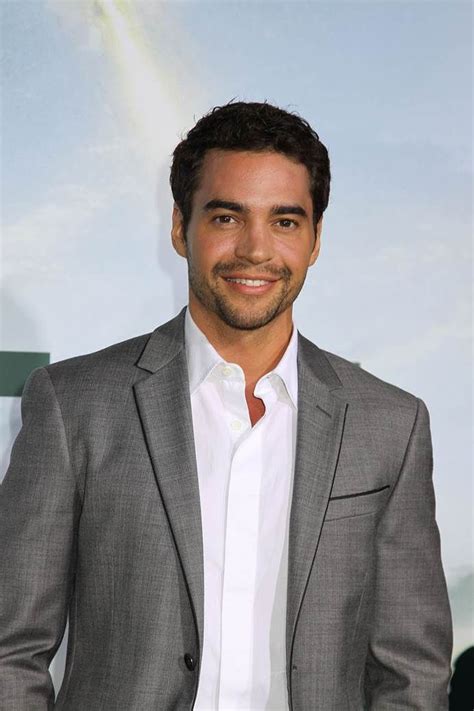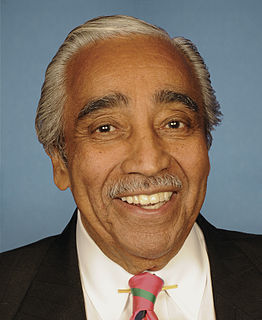A Quote by Elliott Smith
I rode on a float in one of the parades in Mississippi. It's an experience.
Quote Topics
Related Quotes
I didn't want to have to call a cab if I went to the supermarket. So I eventually got a bike, just a beach cruiser, and I rode that thing all over town. I rode it everywhere. I rode it in the rain, I rode it as much as I possibly could. Anytime I could afford the independence of the bike, I used the bike.
With wine and being lost, with less and less of both: I rode through the snow, do you read me I rode God far--I rode God near, he sang, it was our last ride over the hurdled humans. They cowered when they heard us overhead, they wrote, they lied our neighing into one of their image-ridden languages.
I think there will be great leaders emerging from the State of Mississippi. The people that have the experience to know and the people not interested in letting somebody pat you on the back and tell us "I think it is right." And it is very important for us not to accept a compromise and after I got back to Mississippi, people there said it was the most important step that had been taken.
For years afterwards when Amory thought of Eleanor he seemed still to hear the wind sobbing around him and sending little chills into the places beside his heart. The night when they rode up the slope and watched the cold moon float through the clouds, he lost a further part of him that nothing could restore; and when he lost it he lost also the power of regretting it.



































